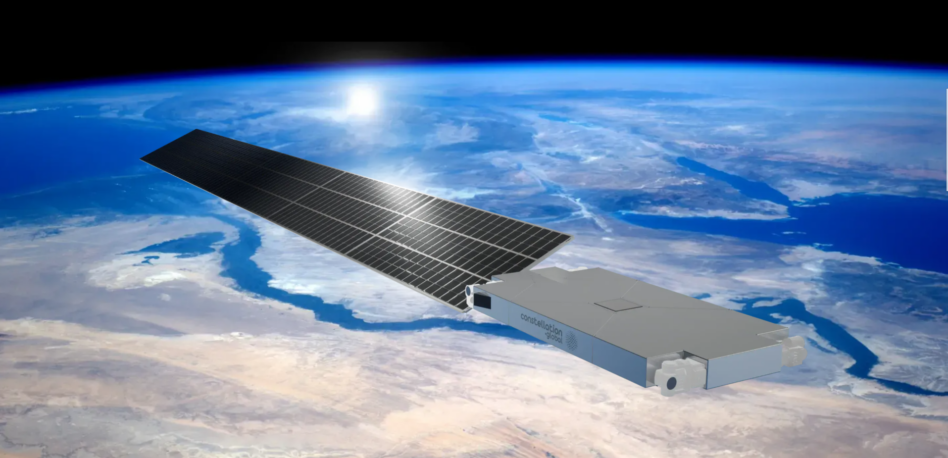French connectivity-from-space startup Constellation Technologies has received €9.3M ($10.1M) in seed funding to build and launch the first two satellites of its planned internet-beaming constellation in VLEO.
The pitch: Unlike SpaceX’s Starlink, which delivers internet connectivity directly to user terminals on Earth, Constellation Technologies’ satellites will serve telecommunications companies in remote and under-connected areas, who would then distribute connectivity to end users using their existing cellular and fiber infrastructure.
The company says their aim is to empower terrestrial telecommunication providers rather than compete with them.
Get low: Charles Delfieux, Constellation Technologies CEO and founder, told Payload the firm expects to achieve full global coverage with 1,500 satellites orbiting at a very low altitude of 375 km.
Flying their fleet so low will enable the firm to use smaller, cheaper terminals that require less energy, Delfieux added, providing internet speeds “of up to 150 Mbps downlink and 50 Mbps uplink with latency of less than 30 milliseconds.”
More details: The seed round included participation from Expansion, an investment fund focused on European new space and air mobility efforts, and the French Tech Seed Fund supported by the French government. It will fund the construction of two prototype satellites—each weighing 350 kg—that are scheduled to launch in 2026.
Once in orbit, the spacecraft will allow Constellation Technologies to conduct end-to-end testing of the onboard terminals including an inter-satellite link.
What’s next: Delfieux said that building the entire constellation will require “a multi-billion investment.” The company aims to follow the financing model used for construction of submarine cables with a consortium of telecommunications operators providing the funds to deploy the constellation as “an international shared telecom infrastructure.”




